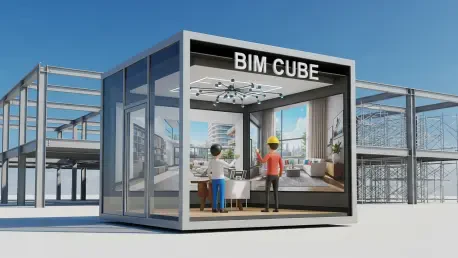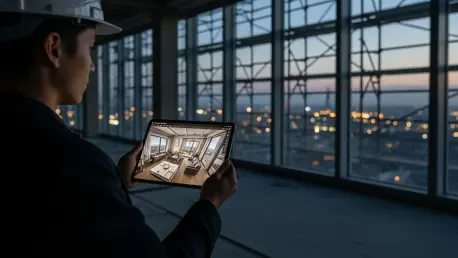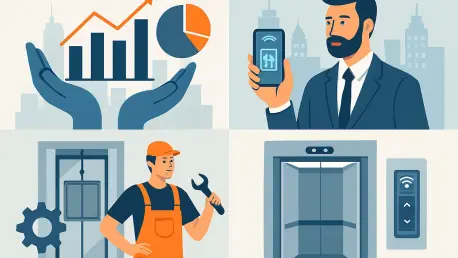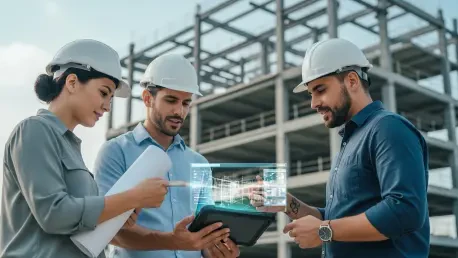
The architectural, engineering, and construction (AEC) industry has long grappled with the challenge of translating complex digital blueprints into tangible, real-world structures without costly errors and misinterpretations. This gap between the digital model and the physical job site often leads

The buildings we inhabit daily, from sprawling corporate campuses to towering urban high-rises, have struggled to keep pace with the rapid evolution of human work and life patterns, creating a significant disconnect between our dynamic needs and the static nature of our built environment.

The intricate digital blueprints of modern infrastructure projects, rich with critical data, have paradoxically created a significant communication chokepoint, often leaving key decision-makers like project owners and field leaders unable to access vital information without a specialist

The global smart elevator market is undergoing a profound transformation, evolving from a simple mode of vertical transportation into a highly integrated component of modern intelligent buildings, with projections indicating a substantial expansion from its 2024 valuation of $14.4 billion to an

A strategic maneuver within Central Europe's digital construction landscape is bringing a foundational industry question into sharp focus: can the theoretical purity of open standards be truly perfected by the messy, complex realities of active construction projects? By joining the German,

The very fabric of facilities management is undergoing a profound and irreversible shift, moving decisively away from decades of reactive problem-solving toward an era of predictive, intelligence-driven operations. This transformation is not a distant vision but a present-day reality, propelled by